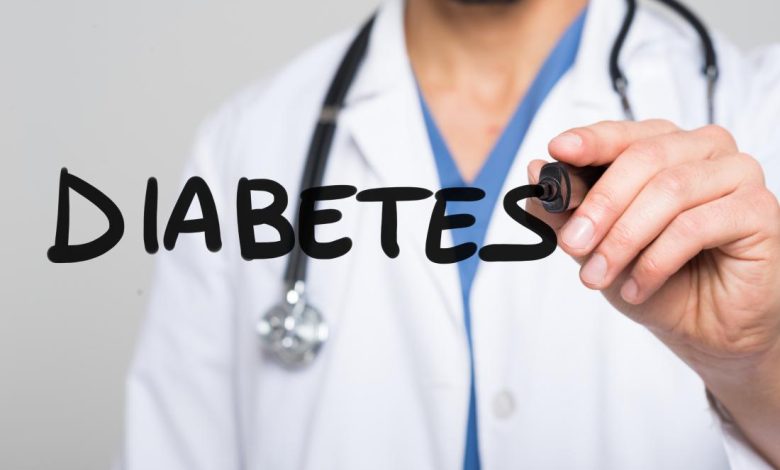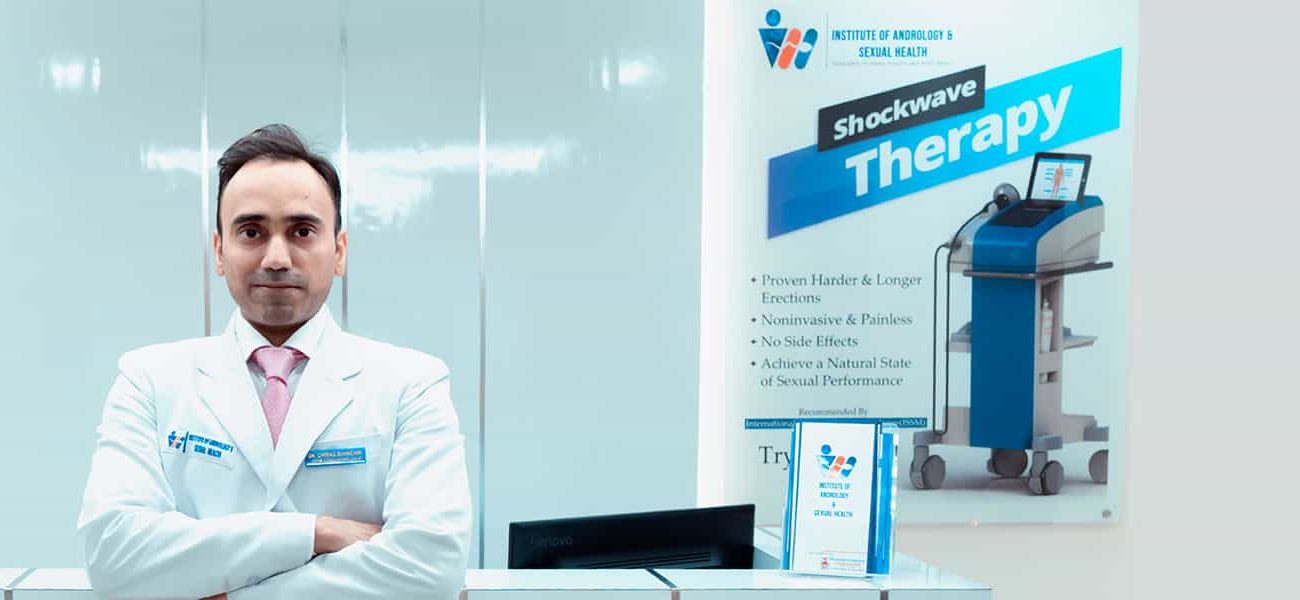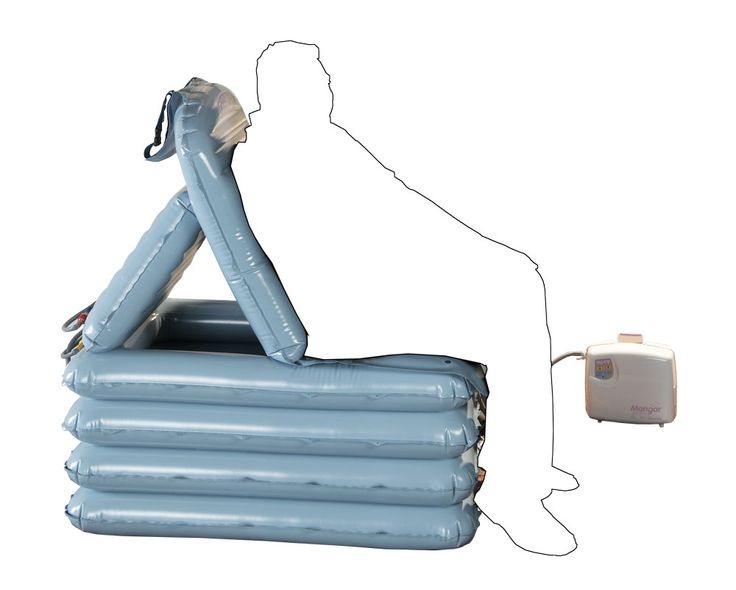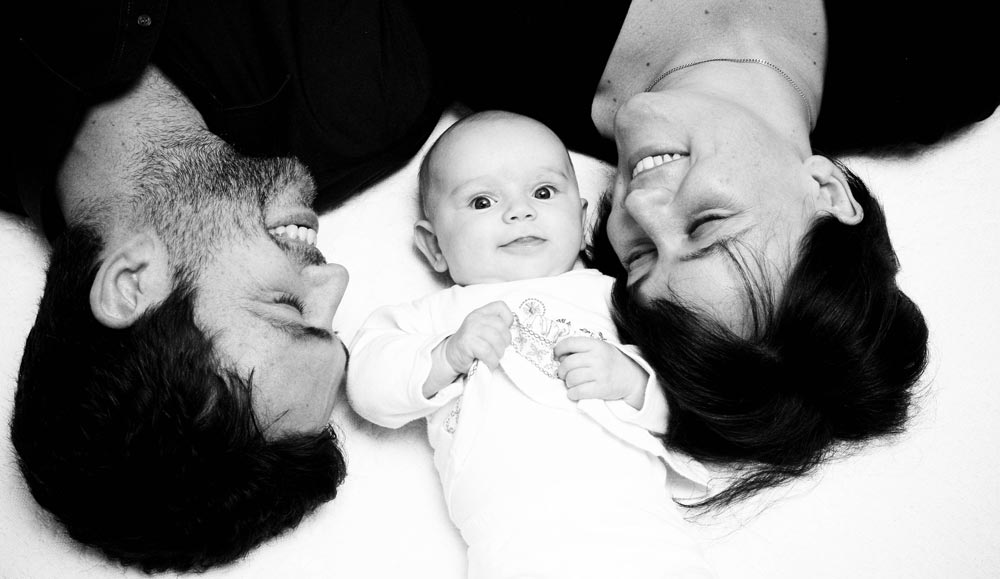
How to Detect Early Signs of Diabetes — Before It’s Too Late
Most people think diabetes comes suddenly, like a surprise diagnosis at the doctor’s office.
But here’s the truth: Your body gives you signs—early ones.
What Is Diabetes?
Diabetes happens when your body can’t use sugar (glucose) properly, either because:
It doesn’t make enough insulin
Or it becomes resistant to insulin
This leads to too much sugar in your blood, which can damage your organs, nerves, and blood vessels over time.
There are two main types:
Type 1 (usually genetic, starts young, needs insulin for life)
Type 2 (develops slowly, mostly due to lifestyle or age)
Early Signs of Diabetes (Type 1 & 2)
The symptoms of both types can overlap. Here’s what to look for:
1. Frequent Urination
You’re running to the bathroom often, especially at night
Your body is trying to flush out excess sugar
2. Constant Thirst
You drink water constantly but still feel thirsty
This is due to dehydration from peeing too much
3. Unusual Hunger
You feel hungry even after eating
Your cells aren’t getting enough energy from food
4. Sudden Weight Loss (More common in Type 1)
Losing weight without trying?
Your body is burning fat and muscle because it can’t use sugar for energy
5. Extreme Fatigue
Always tired, no matter how much you rest
Sugar is stuck in your blood, not reaching your cells
6. Blurred Vision
High blood sugar can affect the fluid in your eyes
May come and go
7. Slow Wound Healing
Small cuts or bruises take longer to heal
High sugar slows down circulation and immune response
8. Tingling or Numbness (Hands/Feet)
Can be an early sign of nerve damage (especially in Type 2)
9. Recurring Infections
Skin infections, gum disease, vaginal infections, or UTIs happen more often
10. Irritability or Mood Changes
High or low blood sugar can affect brain function
What to Do If You Notice These Symptoms
Get Tested:
Fasting Blood Sugar
HbA1c (average blood sugar over 3 months)
Urine test for sugar or ketones (especially in Type 1)
If detected early, Type 2 diabetes can often be reversed with lifestyle changes, and Type 1 can be managed effectively with insulin and care.
Preventing and Managing Diabetes (Especially Type 2)
You can protect yourself with some daily habits:
Eat balanced meals (whole grains, vegetables, lean proteins)
Cut down on sugar and refined carbs
Walk or exercise at least 30 minutes a day
Get 7–8 hours of sleep
Manage stress (it impacts blood sugar!)
Get regular check-ups, especially if diabetes runs in your family
Final Thought: Don’t Wait for a Diagnosis
Diabetes doesn’t show up overnight. It builds up silently—until your body can’t take it anymore.
If something feels off—constant tiredness, thirst, weight changes—don’t ignore it.
Getting tested early can save you years of health struggles.










